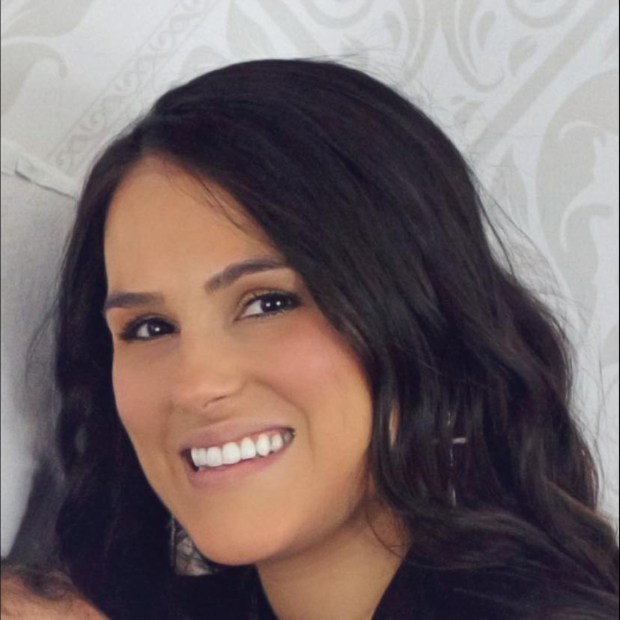Editor’s Note: This is one in a series of stories looking at contested races in the April 1 general election.
The race for the East Aurora School District 131 Board of Education in the April 1 election includes nine candidates running for three four-year terms on the board.
The candidates include incumbents Annette Johnson, Theodia Gillespie and Bruce Schubert and challengers Mary Fultz, April Fitzhugh, Lynda White, Vannia Valencia, Guy D. Bodie and Mayra S. Reyes.
Fitzhugh, 38, said issues with voters include bullying and school safety, competitive academic performance with other area school districts and attendance, especially at East Aurora High School.
The bullying issue, she says, “is all about there being no accountability.”
“If there is a concern it basically falls on deaf ears. There’s nothing done,” she said.
Academic performance concerns, Fitzhugh said, are about students transferring and finding out that while they were getting good grades at their former school, going to a new district puts them behind.
“There’s not as much holding them to a higher standard. Other high school students tell me their peers don’t show up for class and there is no accountability as far as getting them in the classroom and making sure they are present,” Fitzhugh said. “Students are concerned because they know the school will push them through anyway to have good (graduation) numbers.”
If elected to the board, Fitzhugh said her goals would include “proactive communication to solve issues, collaboration between parents, teachers and students, and school safety.”
“We need to have a system to hold parents and students accountable when it comes to school safety,” she said.
The communication issue, Fitzhugh said, means “whether it is changes to curriculum, solving issues that come up – if they see an issue in the school district, we work collaboratively to solve it instead of waiting for the issues to pile up.”
Collaboration with parents involves there being more transparency, Fitzhugh said.
“It feels like teachers are not allowed to share their concerns directly with parents because they feel they will not be supported by administration,” she said.
Fultz, 59, said in talking to voters, concerns include lack of communication between parents and the schools, bullying issues and school safety, and a lack of support and help with children with IEPs and special education needs.
“People say with communication, if they are trying to get in touch with the principal or school board, when they need to get in touch, a lot of people are making comments as parents are told those people are in meetings and there aren’t any call backs,” Fultz said. “Even with administration and counselors as well it’s an issue.”
Fultz said she advocates “for anti-bullying” and right now, “I have six people I am dealing with in regards to anti-bullying because I am the community organizer,” she said.
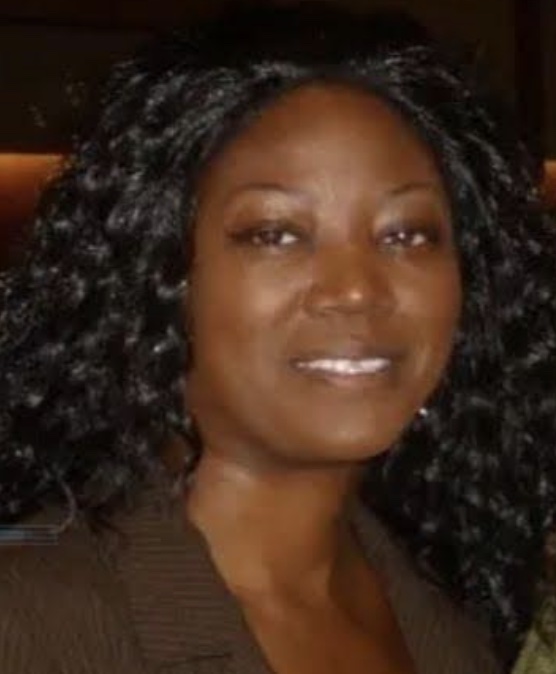
“The thing is they don’t get the proper feedback and their kids are not feeling safe. When they are not getting assistance or a lot of times ignored and families aren’t feeling safe,” she said.
Special ed concerns, Fultz said, “is an issue that’s really deep,” adding that people in her own family are affected by it.
“The lack of communication with IEPs, people say they don’t feel like they’re heard or a part of the plan which, at that point, they feel their child is not getting the best education,” she said. “When you have kids with special needs having a lack of communication is a problem and a lot of these kids are being bullied as well. We have a lot of people who pulled kids out of schools and we need them in there for social skills and things like that.”
If elected, Fultz said goals include addressing issues about student mental health, financial stability and more collaboration with parents and the schools.
“With mental health, I’m not sure how it’s being run now, but we need more resources readily available there in the schools so the kids or the parents don’t have to wait,” she said. “It needs to be readily available because you have kids having meltdowns and kids that want to harm themselves. We need to nip that in the bud.”
Collaboration would include “having meetings where the parents feel like they’ve been heard and having parents actually run those meetings.”
“We’d be invited to their meetings and not have them strictly run by staff,” she said.
White, 42, said voters are concerned about a number of issues including student safety, changes needed on the board and finances.
In regards to safety, White said there have been some issues relative to bullying.
“There have been some issues of students being threatened by others, and the safety of students is important,” she said. “People have spoken to me about students threatening other students.”
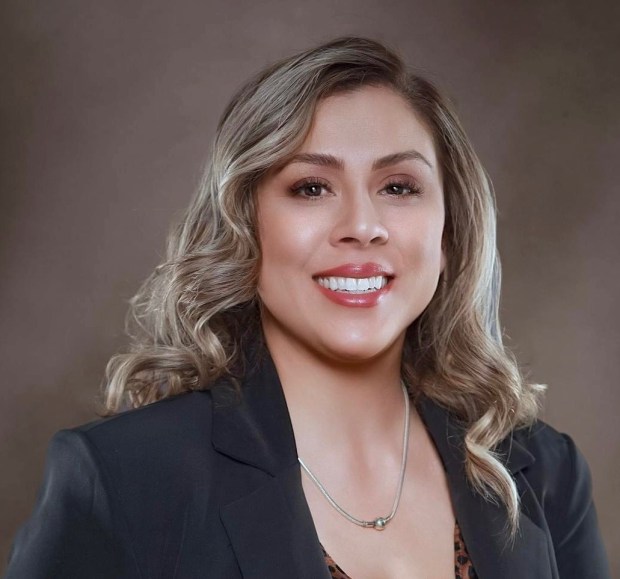
In terms of changes on the board, White said she is hearing that voters “want fresh people, fresh blood, people that are advocates in the community.”
“That’s the main thing I hear with the changes that new minds and a new mindset are needed,” she said.
Finances, she said, are a concern “in regards to where money is being spent.”
“There’s too much money being spent and people ask where the finances are going and the programs that have been denied,” White said.
If elected, White said she wants to focus on special education services, providing more events and extra opportunities for parents and increasing extra-curricular opportunities for kids in the elementary schools.
“I want to focus on special ed and the IEP programs. I feel there is room for improvement in that area,” she said. “Second, I would like to provide events or extra stuff where parents can be more involved. I see a lot of parents not involved with our community. I’d love to create events or programs where parents can be more a part of things.”
White adds she also is interested in providing more activities for elementary students, noting that “more are needed because those ages are critical for getting students into things.”
Valencia, 32, believes the biggest concerns among voters includes taxes, parent involvement and mental health and behavioral services.
“In terms of money, people definitely want to make sure that the money is staying in the classrooms. We need more money for teachers and supplies and things directly affecting the classroom,” she said. “We also need more for extra activities.”
Regarding parental involvement, Valencia said they “want to able to communicate with teachers in a more seamless manner and communicate with board members as well as administrators” in the same way.

In terms of mental health, voters “want an easier way to access services for their children if they have mental health or behavioral concerns,” she said.
“Children need more services than we are currently offering,” she said.
If elected, Valencia said her goals are to work to revise the budget, making communication seamless and providing more staff for mental health services.
“With the budget I want to look into where the money is being spent and see how we can improve things for staff, for students and for parents,” she said.
Communication can be more transparent by “providing it in the languages necessary,” Valencia said, as well as “creating and enforcing a newsletter and making it more available to everyone.”
Johnson, 61, is seeking her fifth term after serving 16 years on the board. She is the current board president.
Johnson said voters in the district are concerned about taxes and providing a solid education for students.
“We want to be good stewards of the taxpayers’ money,” Johnson said. “In terms of taxes, the East Aurora School District does have the lowest tax rate in Kane County. I’ve always said, ‘Good finances make good schools,’ and people are always concerned about their taxes and it’s important to provide a good education but also build a residential base that our taxpayers can benefit by.”
Concerns about a good education, Johnson said, include “taxpayers seeing overall their dollars being invested and making sure kids graduate.”
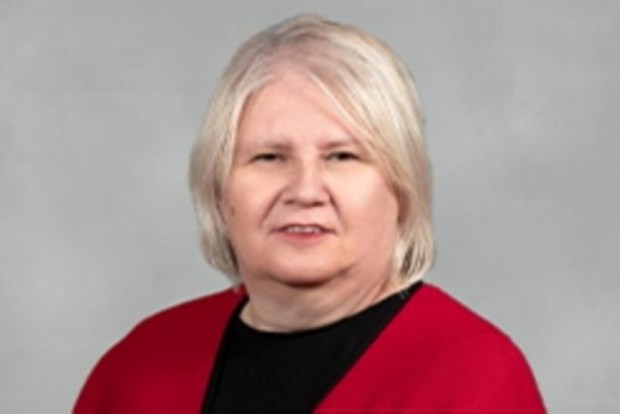
“Another thing I’m hearing is preparing them for the everyday work force and careers,” she said.
Johnson said that, in addition, voters agree “there have to be enhancements to our special educational program and better utilize a social work program.”
If elected to another term, Johnson’s goals include “making taxes in this tough financial time more affordable for our families” and continuing “to get the career center built so we can have those relevant, everyday jobs.”
“Those jobs will not only be for our kids during the day but for their parents at night and helping to reduce the poverty level on the East Side in terms of our career center,” she said.
Another goal, she said, “would be to provide social work programs in the evenings so parents can participate.”
“I also want to continue to work with our staff on climate and culture,” she said. “I always believe in solving problems by having all the voices at the table – administrator and teachers. We’ve got some great programs in East Aurora and we need to tweak those and make them better.”
Gillespie, 63, was appointed last summer to the school board and is running for her first full term.
She said voters are concerned about safe schools, financial responsibility and providing a quality education “that students deserve.”
Safe schools, Gillespie said, include “making sure that when families send their children to school that the schools are safe and the employees are comfortable going to work.”
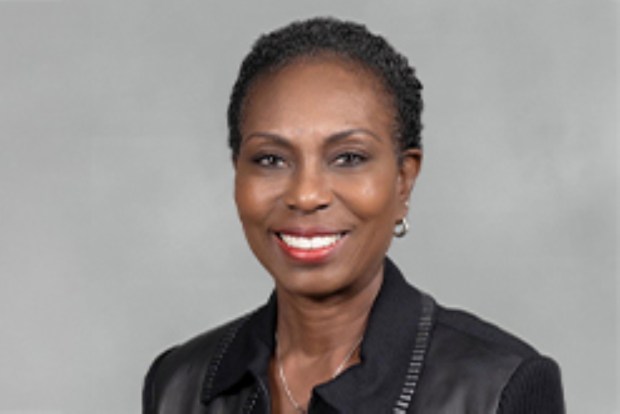
“We need a safe environment and it doesn’t mean taking away anyone’s privacy,” she said. “We need to make sure those schools are safe for kids.”
Financial responsibility is a concern, Gillespie said, “as we need to utilize these resources and residents’ investment in a manner that is not overwhelming for residents.”
“We need to provide a great educational system and provide those services to our residents,” she said.
People are bringing up concerns about providing a quality education, Gillespie said, “because some families in our community feel they are not receiving the same adequate educational support.”
“We need to make sure that whatever we are offering, that all students are benefitting from those types of programming,” she said.
If elected for her first full term, Gillespie said she wants to work on “providing an environment where education is of great quality to make sure individuals are comfortable” in all situations.
“Whether it’s going to school or going to work, but also making sure we are financially secure in relation to the investment of our residents,” she said. “There may be some cutbacks, and we need to be prepared. As board members, we need to understand what that means in relation to the financial well-being of the district.”
Schubert, 57, is currently serving as secretary of the school board and said issues in the district include academic achievement of students, finances and taxes, and “strategically positioning ourselves to provide the same opportunities that are in our surrounding districts from facilities to programming.”
Academic achievement, he said, concerns “making sure our students are meeting their full potential.”
“They need to meet those benchmarks that are standardized throughout the state. We are measured on that every year, and we need them to meet those standards as well as exceed them,” Schubert said.
Finances and taxes are concerns, he said, because “the school district has a small commercial tax base.”
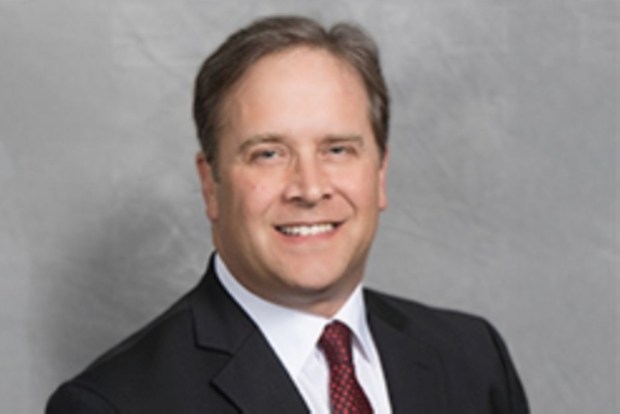
“We’re relying on property taxes as well as state and federal dollars,” he said. “If that equation changes based on the administration of the day that could have a really substantial impact on the homeowner in the district.”
Schubert said it’s important that local students continue to have the same opportunities as their peers in surrounding districts.
“We have very old facilities as this is one of the oldest school districts in the state. Some of our facilities are 100 years old and that presents a challenge to us to have modern facilities,” he said. “We have done substantial upgrades but there are still concerns about do our students have the same facilities as other districts.”
If re-elected, Schubert said he wants to focus on increasing and sustaining graduation rates and “being mindful of finances.”
Schubert said in 2017 graduation rates were about 68% and are “now pushing 90%” and that he really wants to sustain that and push it incrementally higher.
Schubert said financially he would like “to continue what we’ve done during my last eight years on the board which is really putting together a formula that does not make the homeowner so vulnerable to a change in the financial equation.”
Reyes, 39, said in talking to voters, concerns in the district include issues with bullying, safety in the school buildings and communication.
“This is my first time running for school board and in talking with residents the number one thing is bullying,” she said. “People are saying that when issues are reported, nothing is being done – there is a ton of bullying in our district. A lot of the times parents are not happy with the way things were handled and not resolved.”
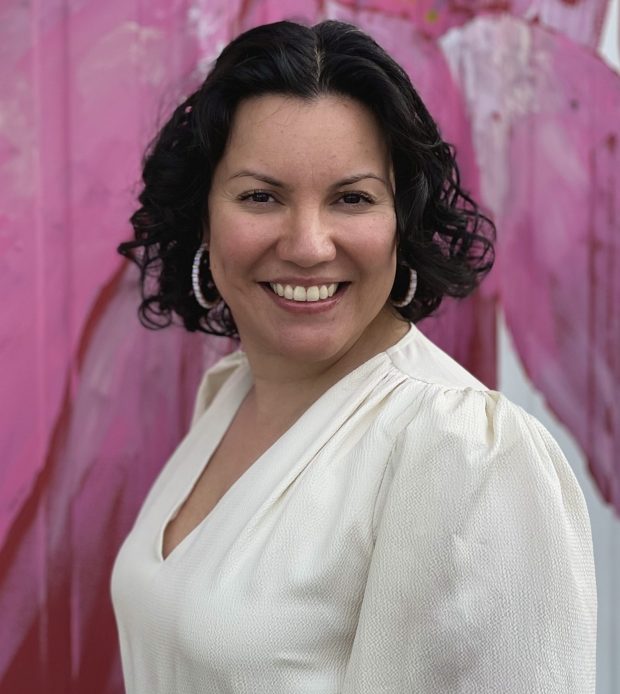
She also said residents want to make sure buildings are secure and that everyone who enters is cleared through the office.
Communication, she said, is also an issue “as even with the superintendent search constant communication was not sent out the way residents would have liked.”
“There was a town hall for this matter and only a total of four parents were there,” she said.
If elected, Reyes said she would like to work on communication, increased transparency and increasing input across the board.
“With communication, we can improve it by sending out surveys and asking people what they want and what they need and communicating better with staff and what they want and need,” she said. “With our district being largely Hispanic, we have to reach that demographic better.”
Transparency includes managing finances “as well as the way we hire individuals and even off-board or fire them.”
“There has to be more transparency to that,” she said. “We also need transparency with special ed as I have a child myself with an IEP, and I know first-hand about the lack of support.”
Input, Reyes said, is the goal “to get everybody on board beyond administration. We have to reach out to teachers, teachers’ assistants and even custodians to get their input on how we can better our district. Everyone has a voice and needs to be included.”
Guy D. Bodie was unavailable for comment.
David Sharos is a freelance reporter for The Beacon-News.


